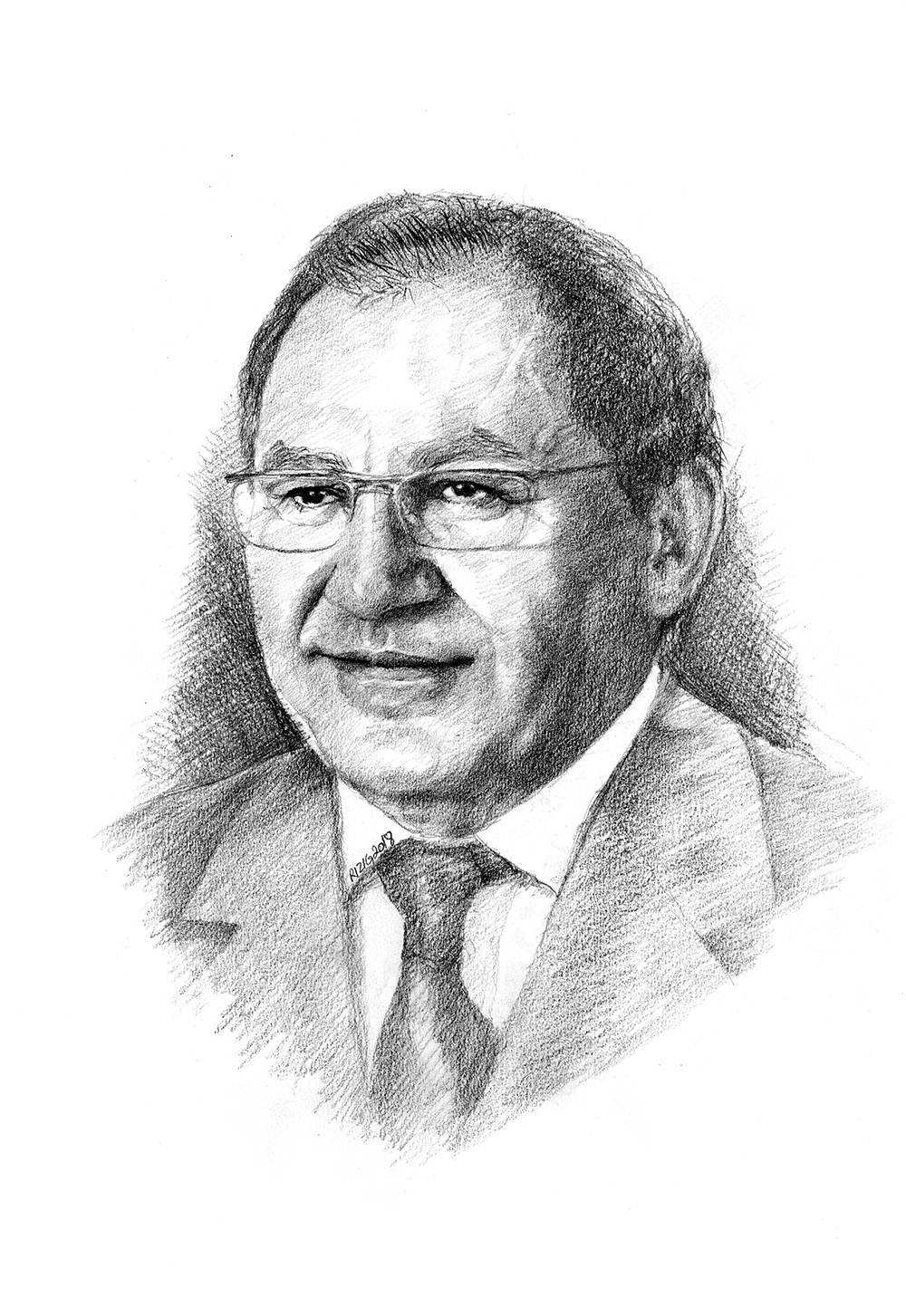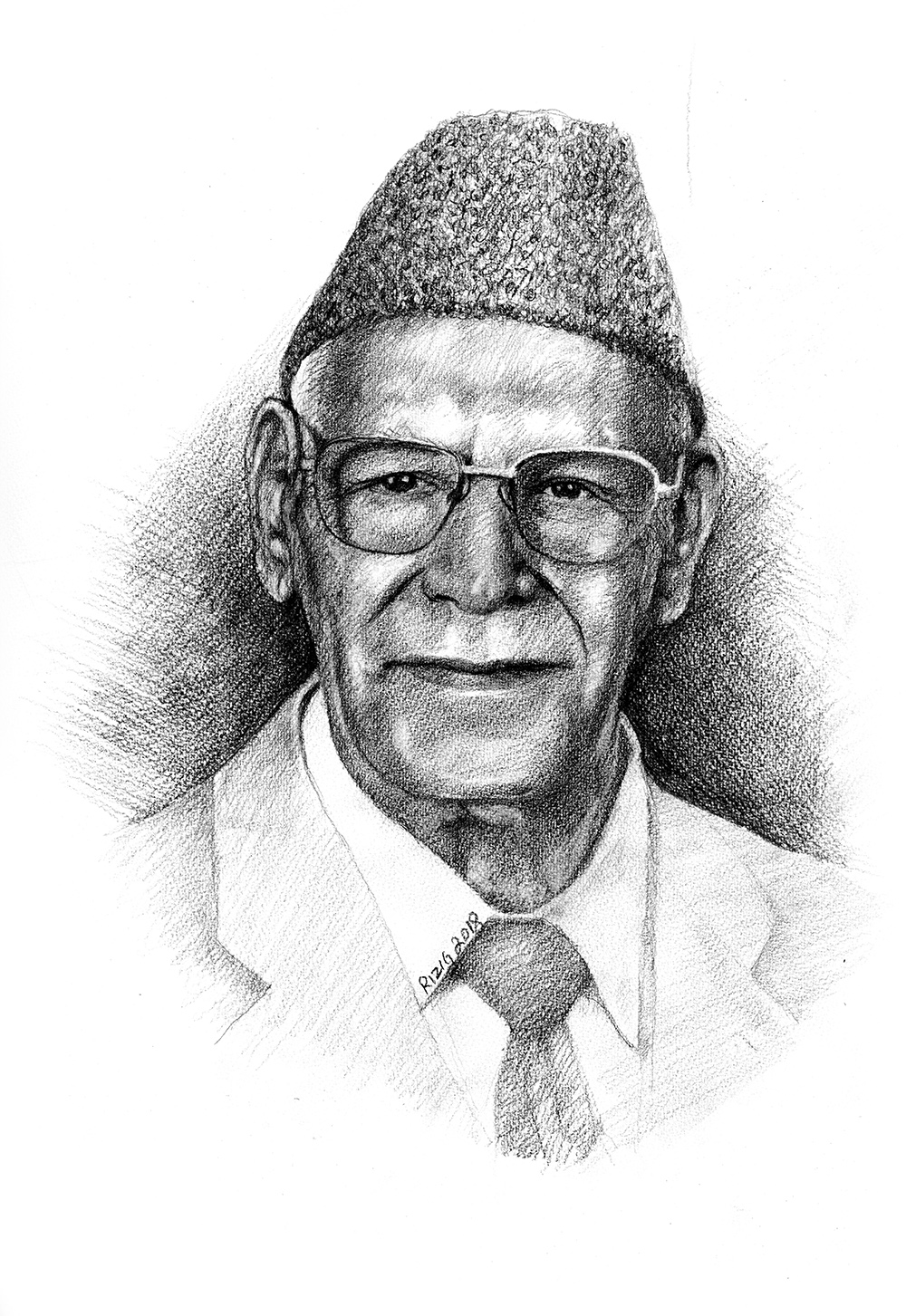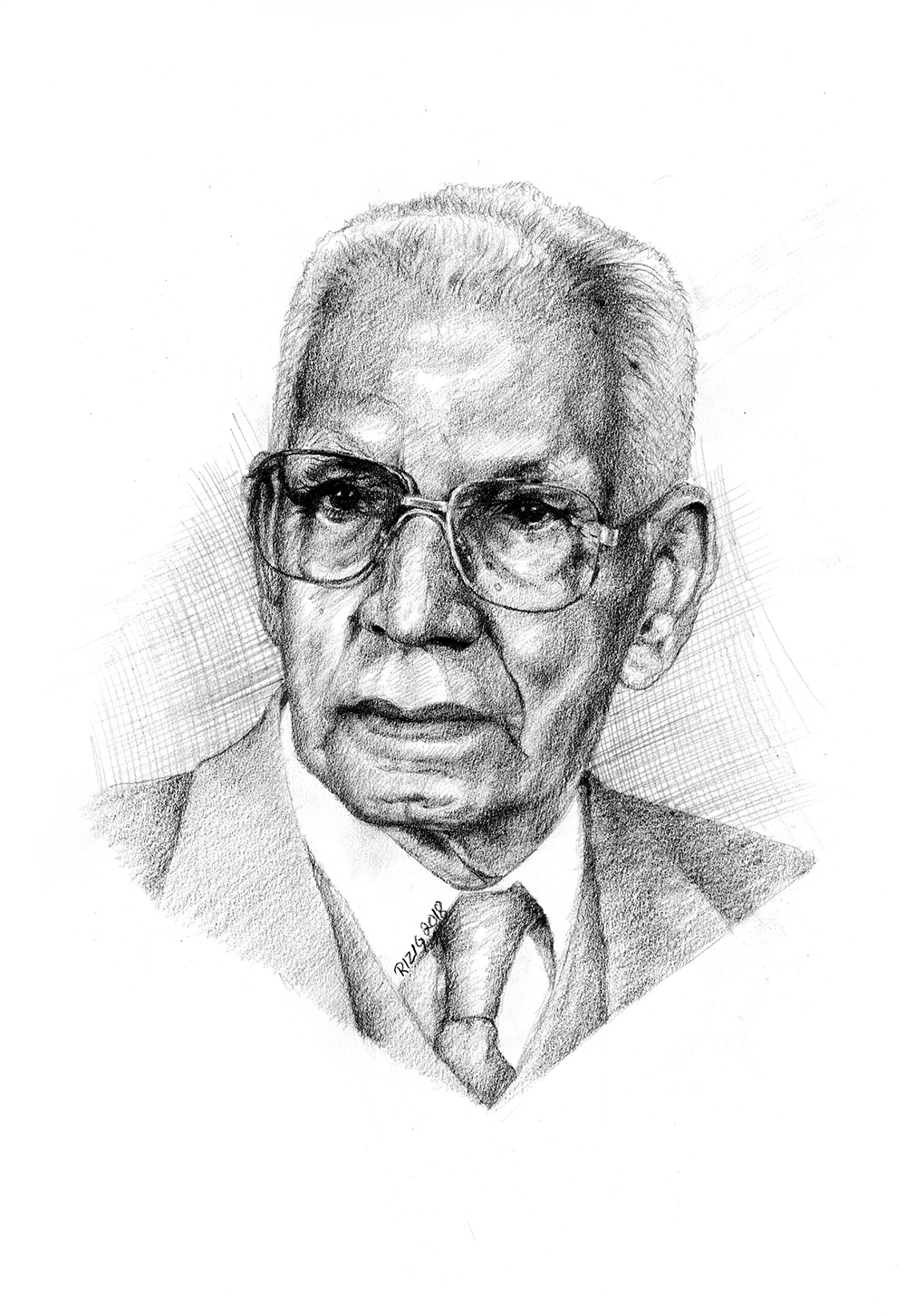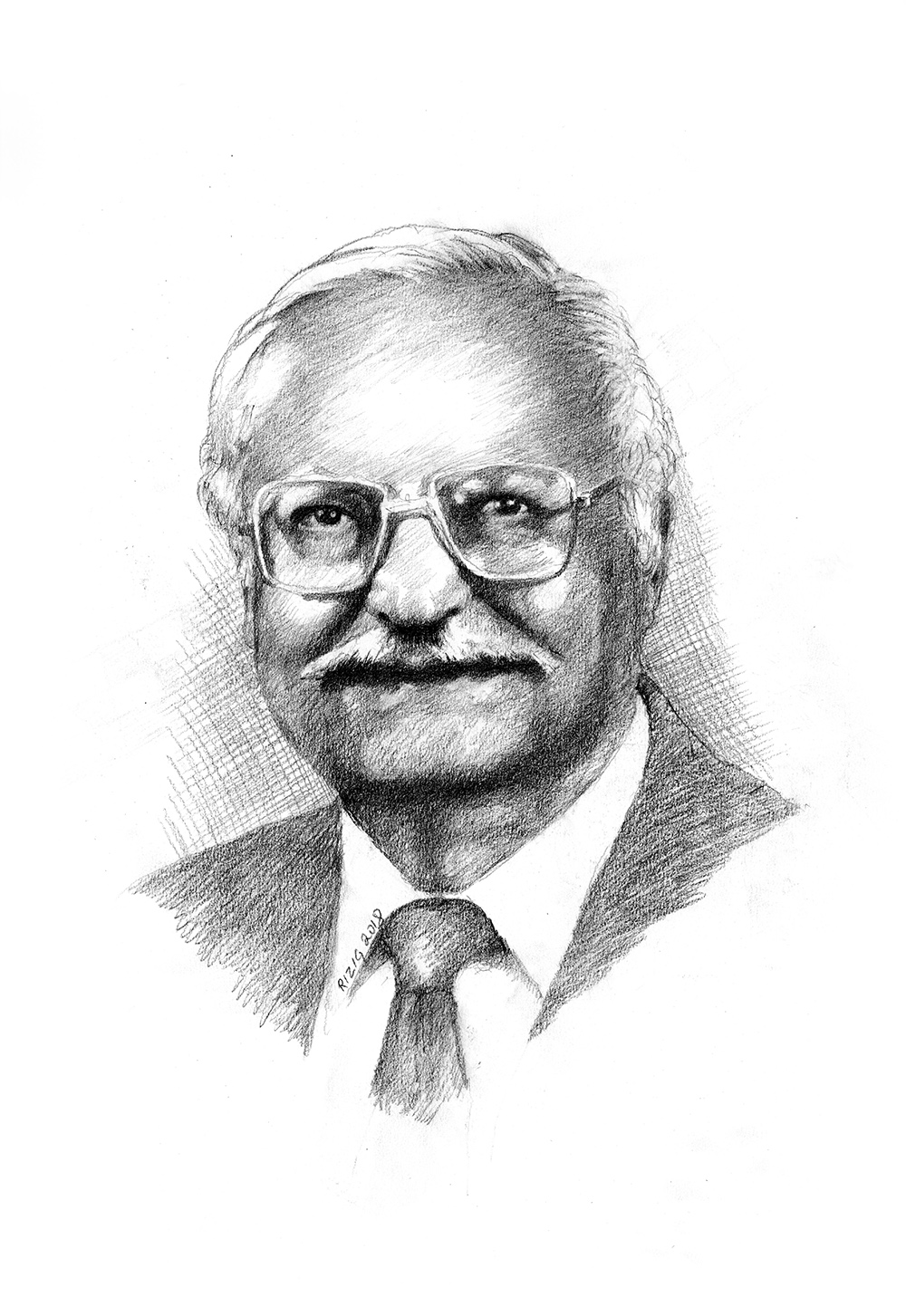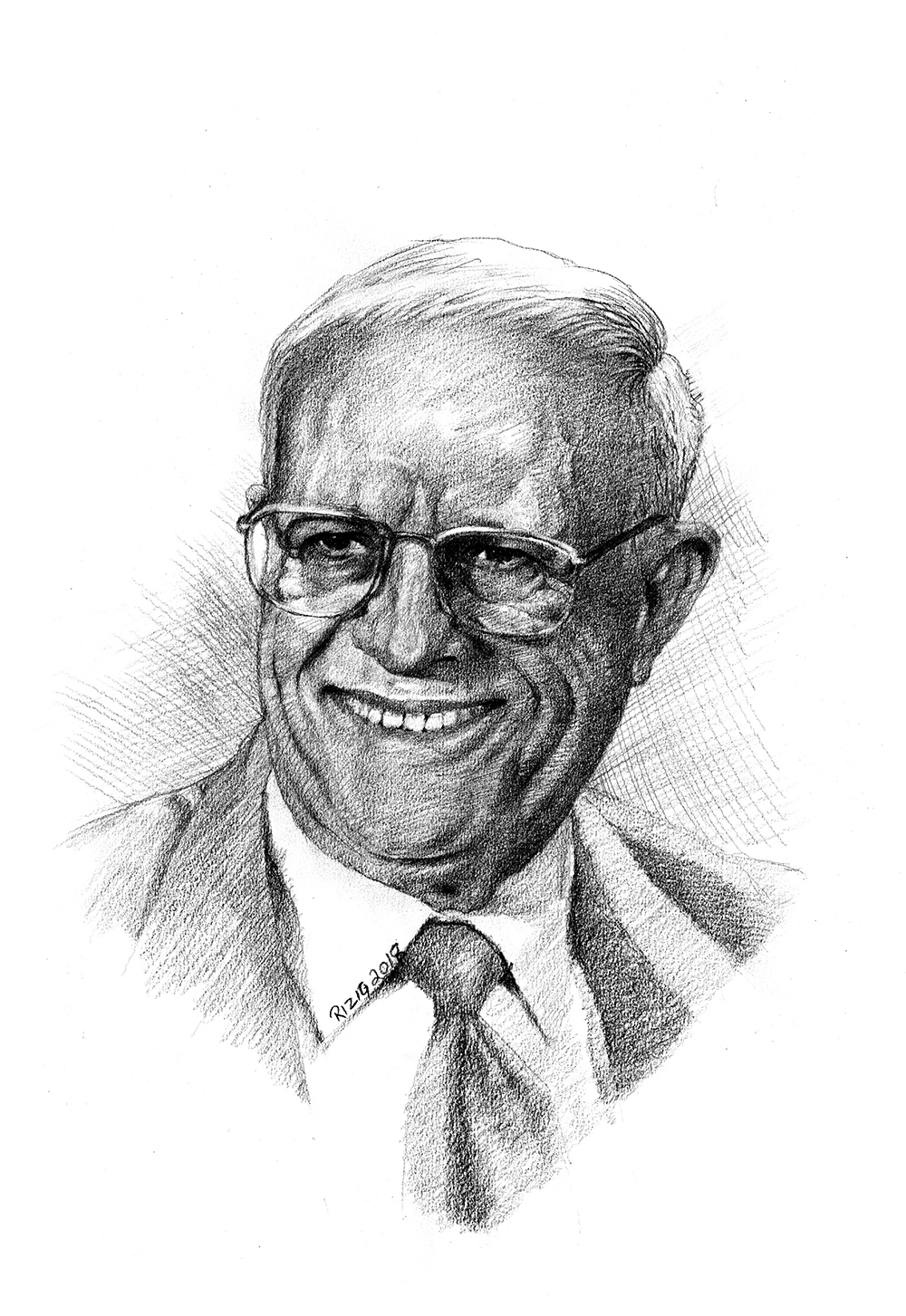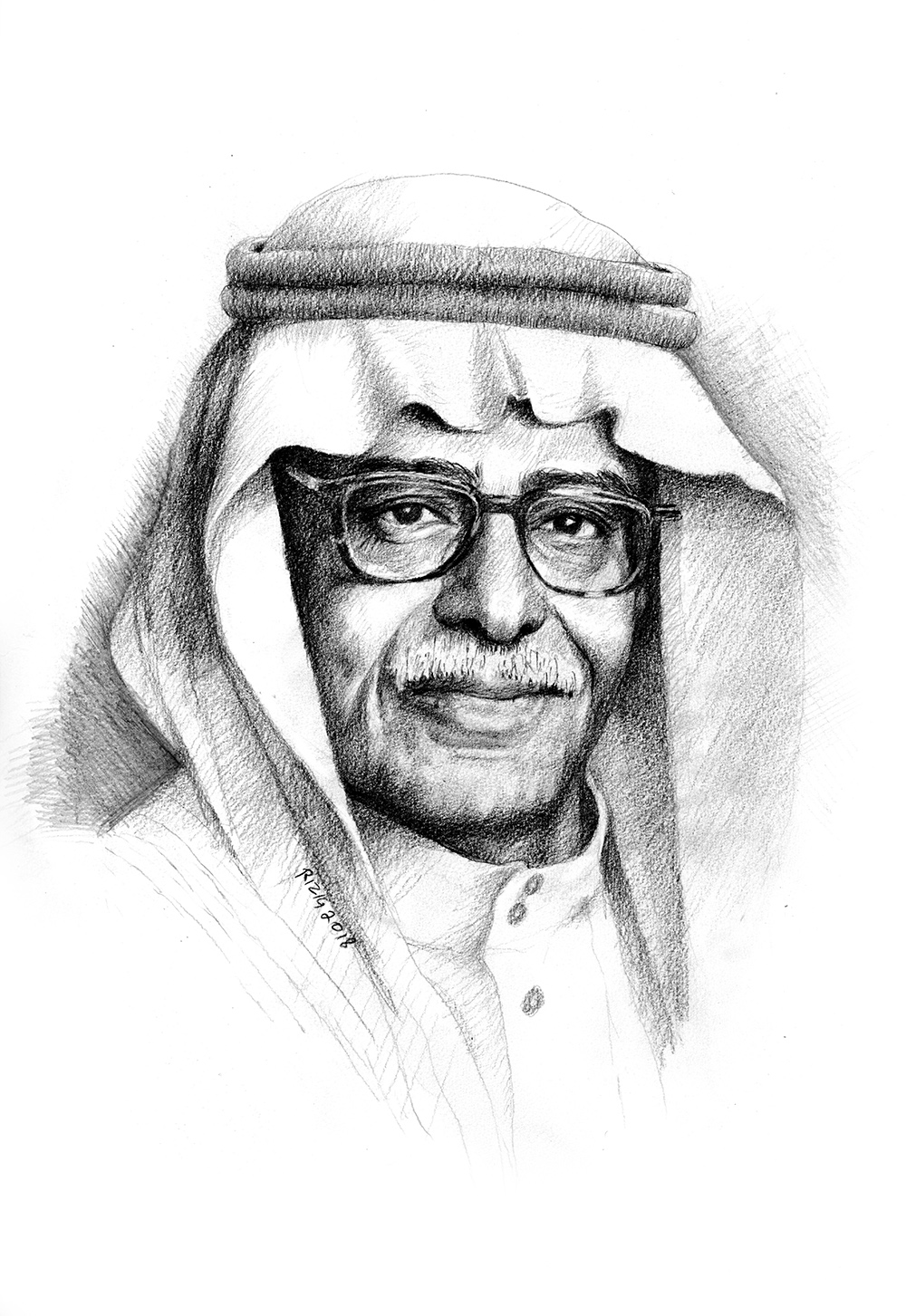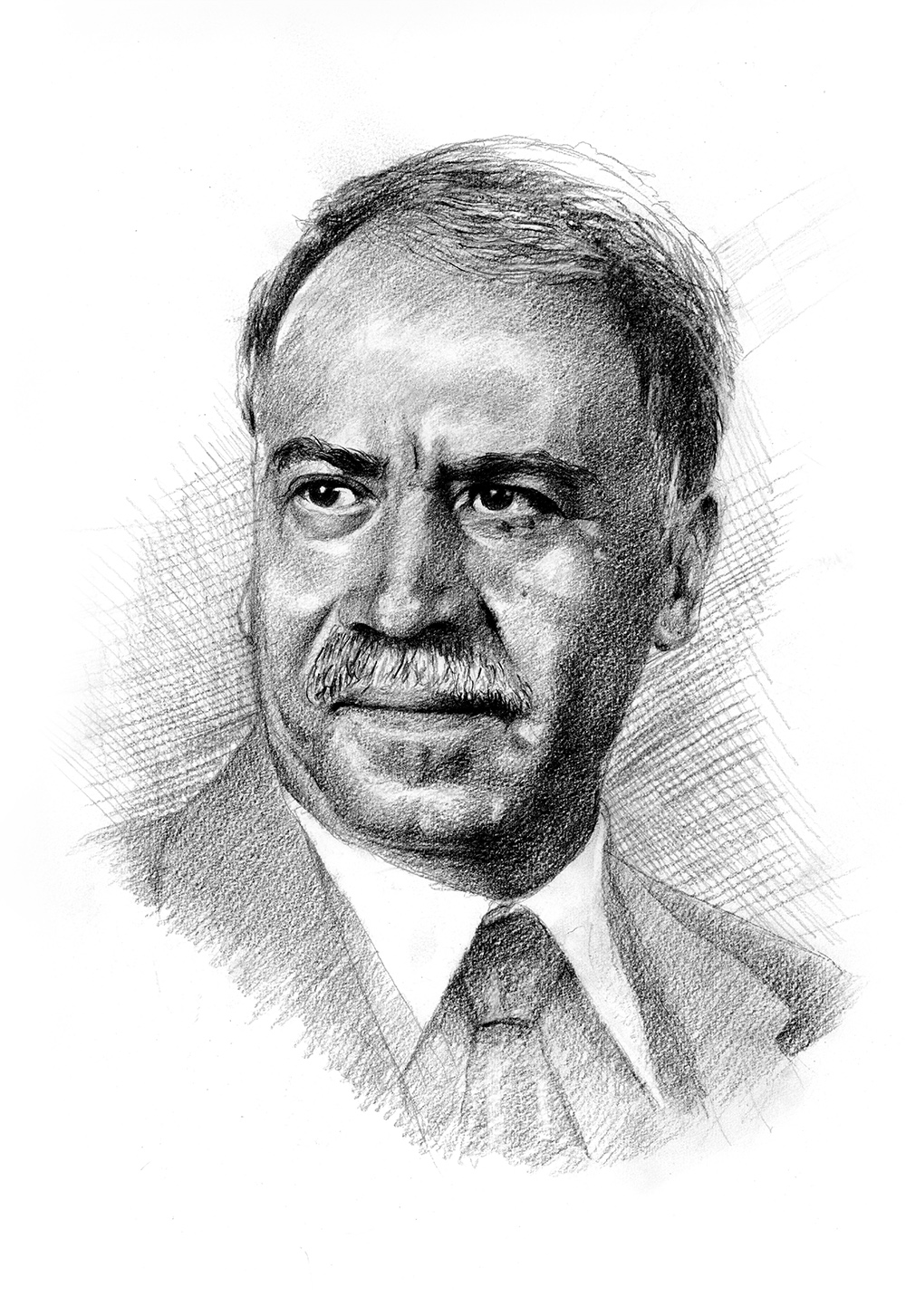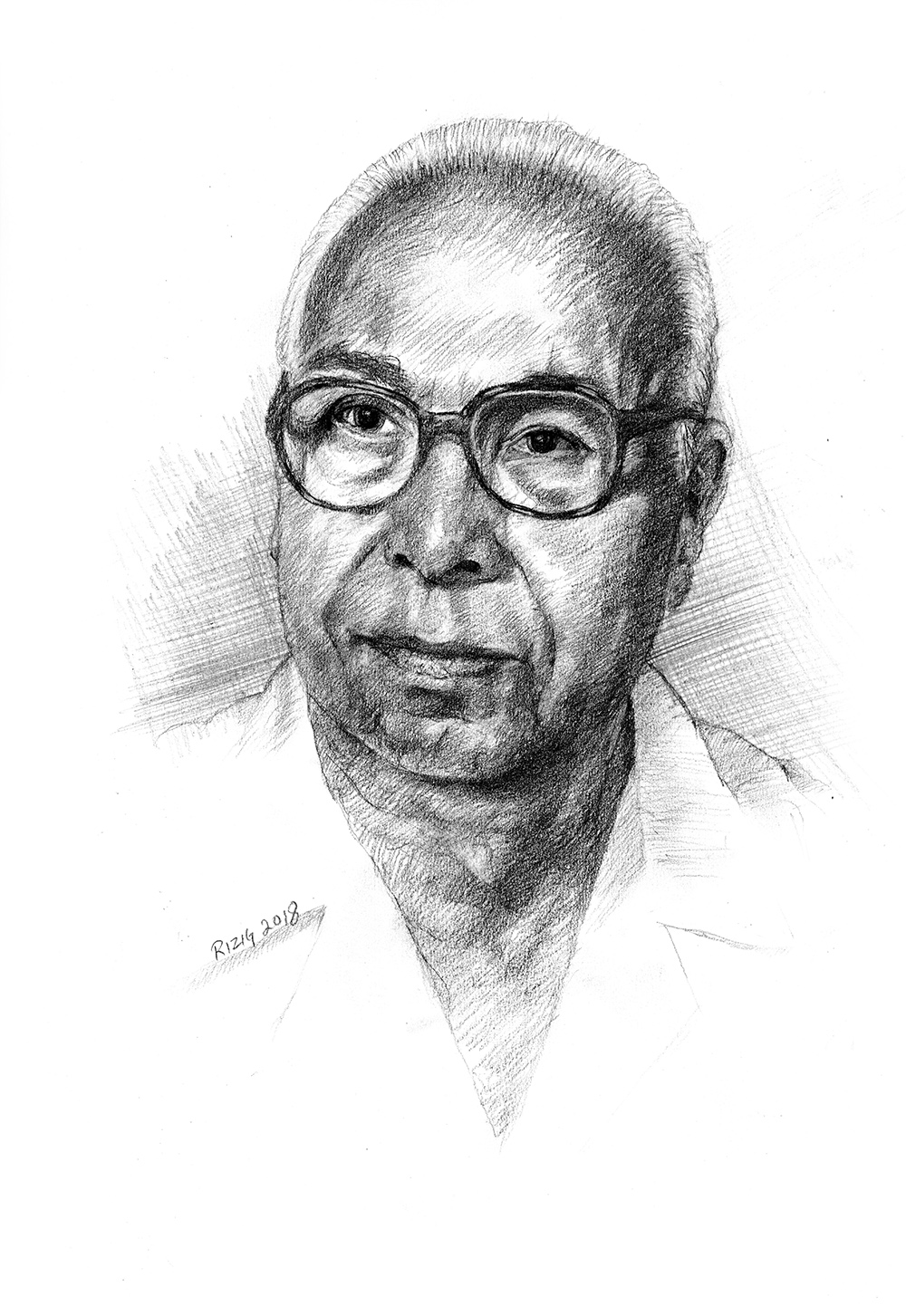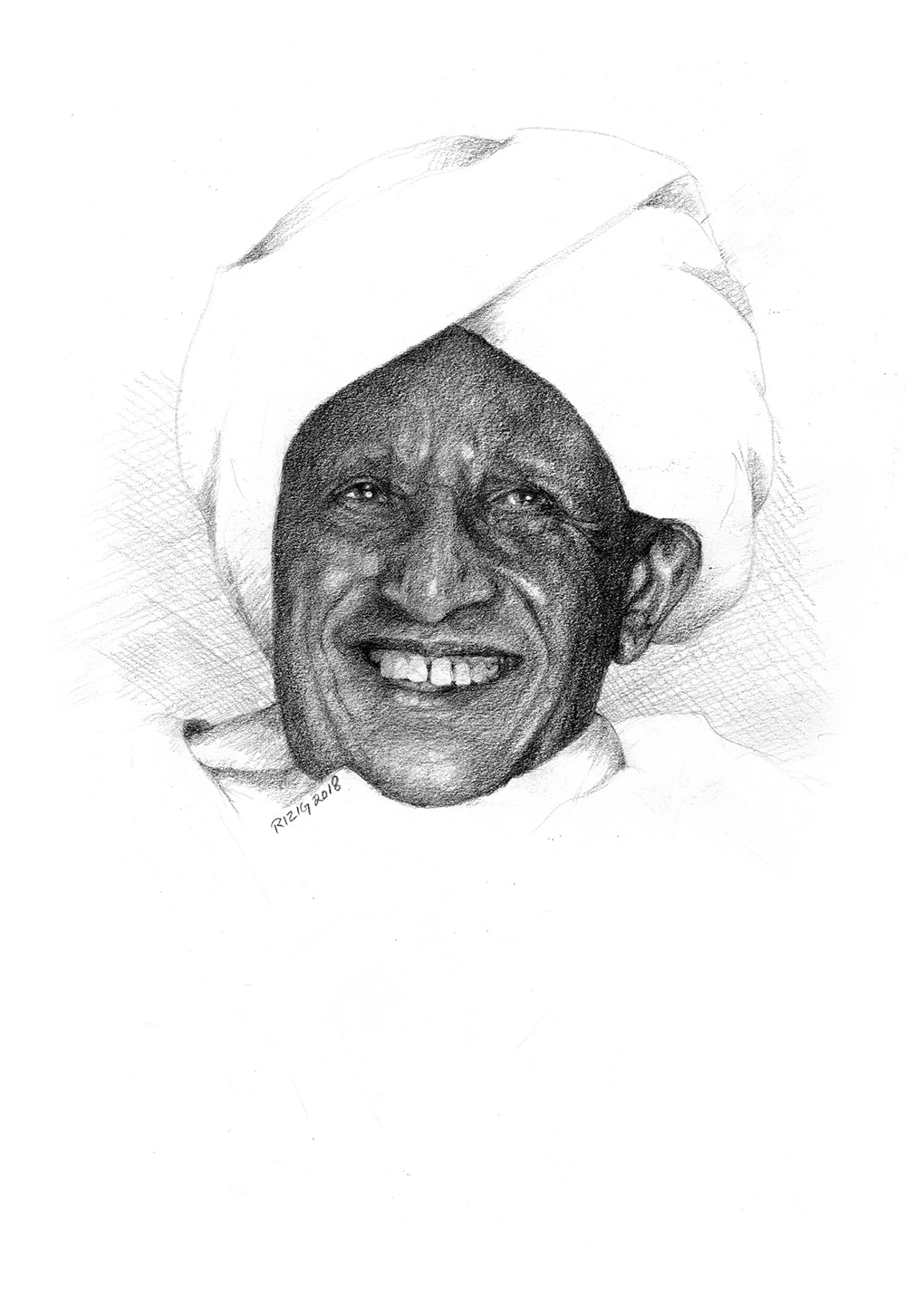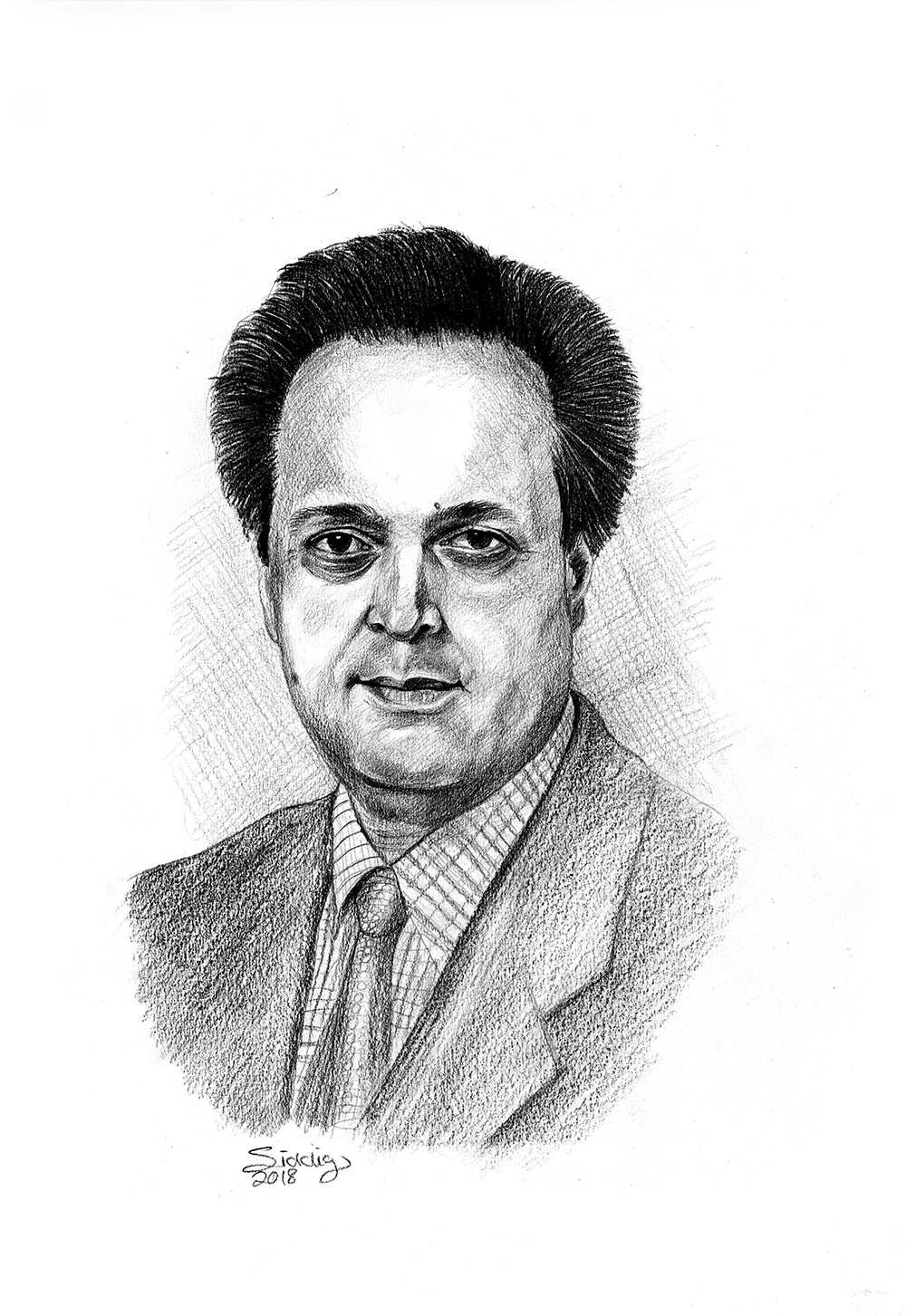Abdelkader Fehri received a State Doctorate in Arabic Linguistics from the Sorbonne and is currently Professor of Arabic and Comparative Linguistics at the Faculty of Letters and Human Sciences and Director of the Institute for Study and Research on Arabization at Mohammed V University in Rabat, Morocco. He is the founding President of the Moroccan Linguistics Society and Linguistic Research in Rabat, chief editor of the Linguistic Knowledge series in Casablanca, and member of the editorial boards of several other journals.
Professor Fehri authored 9 books and numerous publications in Arabic, English and French, dealing with different aspects of Arabic and comparative linguistics. His book, Issues in the Structure of Arabic Clauses and Words, lays out the fundamental aspects of standard Arabic syntax, morphology and lexicon, and is an important reference for researchers of Arabic linguistics. He also edited close to 20 other books and proceedings. Many of his publications have had a deep impact on current research on modern Arabic linguistics, particularly his contributions to the theory of clausal and nominal structures, and more recently his studies into temporal and nominal reference, plurality and genericity in Arabic language, and the interactions of morpho-syntax, semantics and lexicon.
Fehri’s profundity and creativity have earned him worldwide recognition. He received Morocco’s Highest Merit Award of Science and Culture and the Chevalier Medal in 1992. His other honors include numerous invited professorships and lectureships at major universities in the West and the Arab and Islamic worlds, as well as memberships of learned institutions and linguistics societies worldwide.
This biography was written in the year the prize was awarded.

